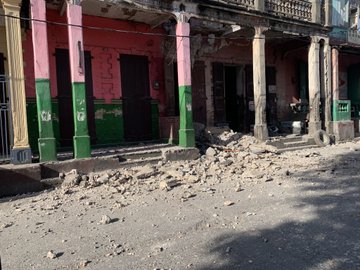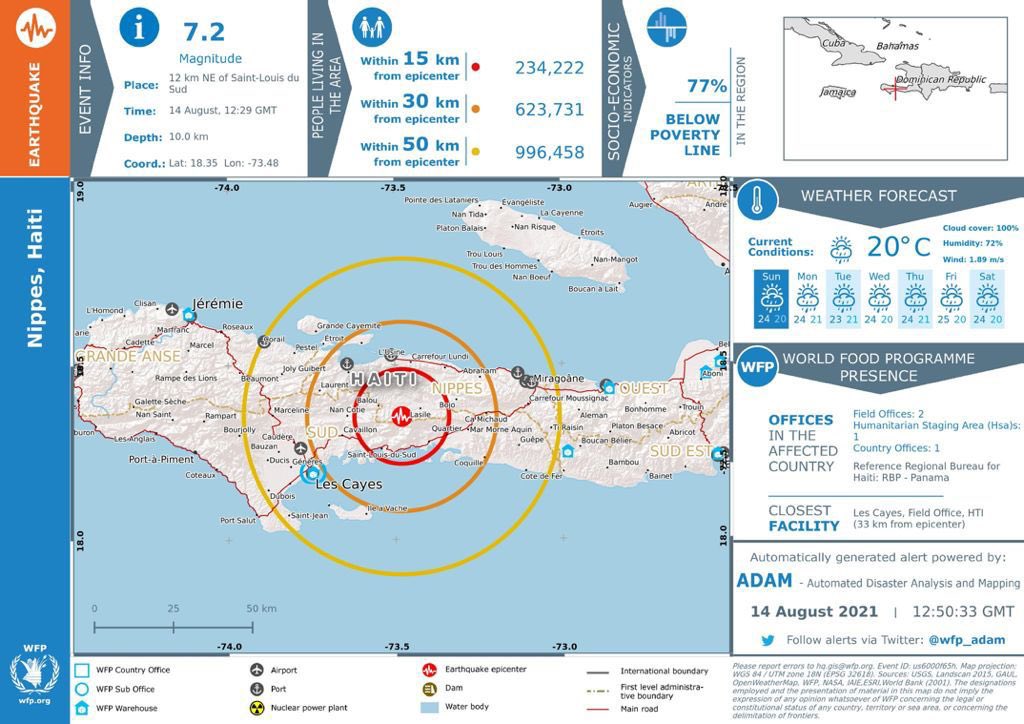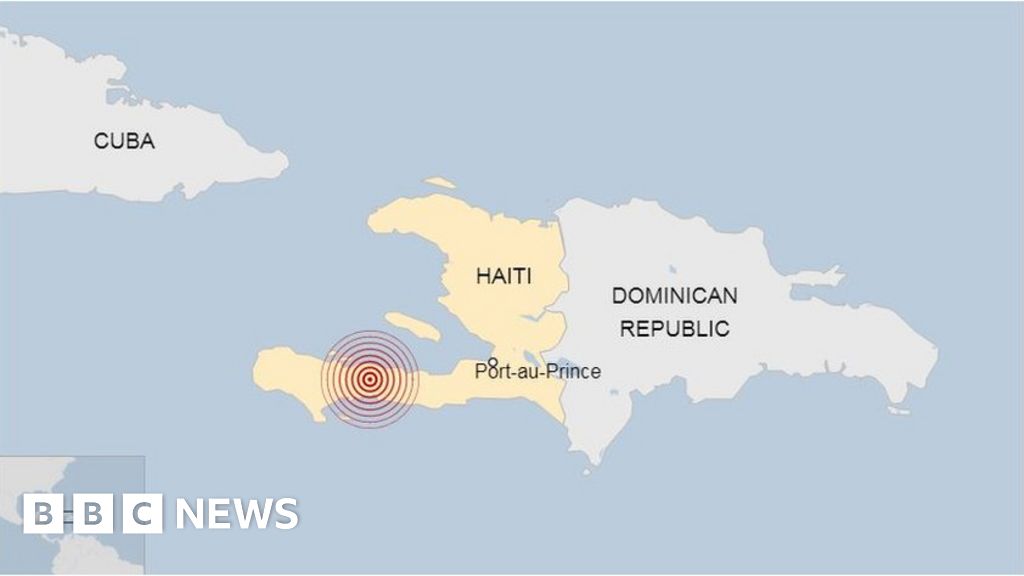

A massive earthquake has slammed Haiti and there are reportedly dozens dead and many injuries in the Caribbean island country.
The powerful 7.2 magnitude earthquake struck off the coast of Haiti on Saturday, the U.S. Geological Survey said, and authorities reported multiple deaths. They say a death toll has risen to 1,941 following a powerful earthquake in Haiti, just as a tropical storm brought strong winds and heavy rains to the Caribbean nation, which also destroyed 13,694 homes, with at least 1,800 injured. Haiti needs more than thought and prayers.
An elite team, comprising disaster experts from USAID’s Bureau for Humanitarian Assistance, is assessing the damage, identifying priority needs, and coordinating with humanitarian partners. The DART is also coordinating with the U.S. Embassy in Haiti, as well as other U.S. agencies in the region.
In addition to mobilizing the DART, USAID staff based in the region and Washington, D.C. are monitoring the situation closely, as well as any potential impacts from Tropical Storm Grace which is approaching Haiti.
The U.S. Tsunami Warning System temporarily issued a tsunami warning after the quake, which was felt in neighboring countries. It appears Haiti can not get a break after their president was murdered during a violent coup weeks ago.
The earthquake also affected nearby countries: Dominican Republic, Jamaica, Haiti, Puerto Rico, Turks and Caicos Islands, United States Minor Outlying Islands, The Bahamas, and Cuba It hit 4 miles from L'Asile, Haiti.
By comparison, the 2010 earthquake that struck the island and killed more than 250,000 people was 7.0 magnitude. During that quake, more than 300,000 people were injured and 1.5 million displaced. The USGS has issued a red alert, saying high casualties are probable and disaster in Haiti is likely widespread. This added to extensive deforestation much of the remaining forested land is being cleared for agriculture and used as fuel; soil erosion; inadequate supplies of potable water.
The island of Hispaniola, shared by Haiti and the Dominican Republic, is seismically active and has a history of destructive earthquakes. During Haiti's time as a French colony, earthquakes were recorded by French historian Moreau de Saint-Méry (1750–1819). He described damage done by an earthquake in 1751, writing that "only one masonry building had not collapsed" in Port-au-Prince; he also wrote that the "whole city collapsed" in the 1770 Port-au-Prince earthquake. Cap-Haïtien, other towns in the north of Haiti and the Dominican Republic, and the Sans-Souci Palace were destroyed during an earthquake on 7 May 1842.

